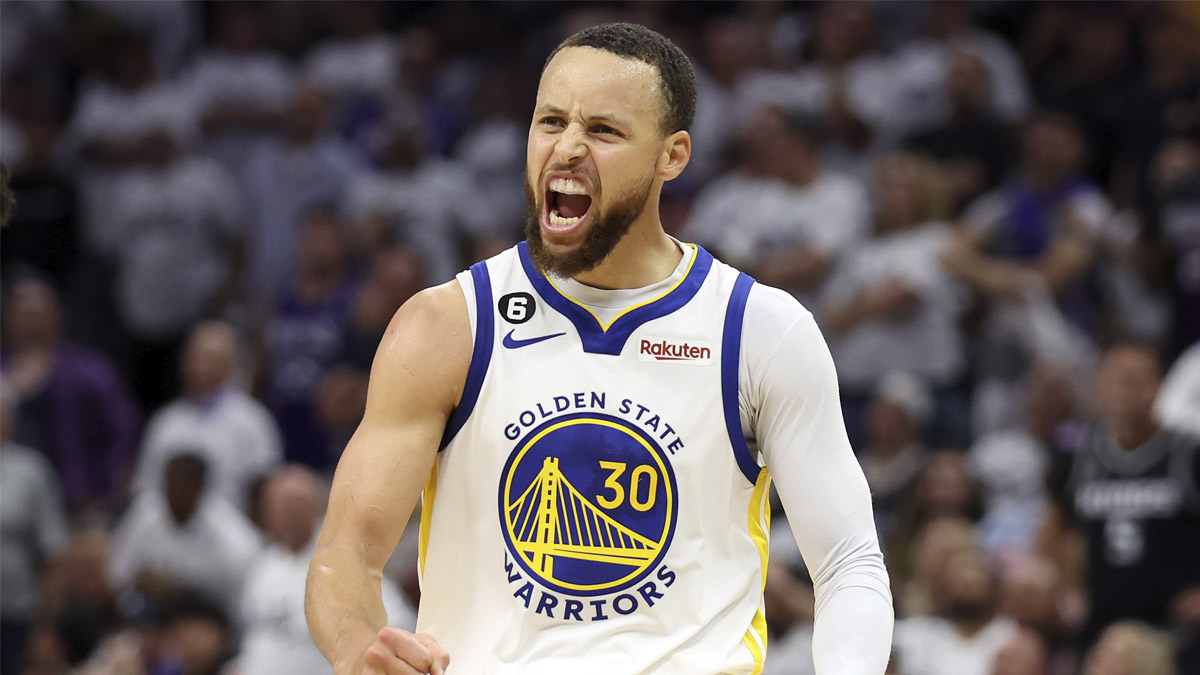What so many sex-abuse survivors on the U.S. Olympic team have been waiting to hear is that someone in power was listening.
On Thursday, incoming CEO Sarah Hirshland choked back tears and let them know that, indeed, she is.
The most memorable moment from her first major appearance before the U.S. Olympic family came when the former USGA executive gasped for breath, held back a cry and closed her speech by saying, "I, for one, think our future is very bright."
It was, by any measure, the most important speech of the 43-year-old CEO's life. Over a sometimes-halting 15 minutes during which she warned the audience of 400 Olympians and Olympic administrators that she did, in fact, wear her heart on her sleeve, she tackled, head-on, the sex-abuse trauma that has roiled the USOC and the U.S. Olympic team as a whole.
"We want to ensure that our athletes shine," Hirshland said. "But today is a different day. A time to reflect and respect the brave survivors who have taught us all so much. A time for change and for action."
In many ways, the USOC's success has been defined over the decades almost solely by medals. During a speech in which he introduced Hirshland — his last speech as chairman — Larry Probst acknowledged that wasn't good enough.
"For all the triumphs and successes that we've achieved during the last decade, it is our collective failure to keep you safe that that will forever cause me deep and profound regret," Probst said, an unseen-before mea culpa from a man who has not worn his heart on his sleeve over 10 years as chairman.
Sports
To those long-absent words, Probst added some long-awaited support for American athletes on the anti-doping front. The Olympic world was roiled Thursday by the World Anti-Doping Agency's decision to reinstate Russia's suspended anti-doping agency.
"Suggesting that Russia has lived up to its obligations is disingenuous, and today's decision to reinstate RUSADA flies in the face of WADA's responsibility to clean athletes everywhere," said Probst, whose comment was met by applause.
Hirshland stayed away from doping but spent ample time outlining her intent to rethink the concept of "athlete support."
"We have to think about that much more holistically, and get to the root of broad athlete support, not just performance support," Hirshland said.
She spelled out a couple of ways that athletes' voices will be better heard, through the athletes' commission, the U.S. Olympians Committee and the USOC ombudsman's office.
"When we say 'athlete,' who are the athletes? What support do they need, who should be providing it and what is the form of that support?" said Susanne Lyons, who served as interim CEO and will take over the chair from Probst.
Hirshland's speech received favorable reviews from a few folks in the room.
"It humanized her and made her relatable," said Max Siegel, the CEO of USA Track and Field. "She's got a tough job ahead of her. She demonstrated openness, to not just listen but to try to truly understand the challenges we face."
Wallace Spearmon, an Olympic track star who is now part of the athletes commission, said Hirshland "seems like she's willing to do the work."
"At the end of the day, if someone had reached out to a big-name gymnast, had a relationship with them, that might have prevented of a lot of problems," Spearmon said. "I just hope that communication is a big part of moving forward."
Hirshland also talked about where the money goes. In addition to being tone-deaf to athlete concerns, the USOC has been broadly criticized for spending too much on administration and not enough on athletes.
She said governing bodies of Olympic sports have committed to more funding for the U.S. Center for SafeSport, which was created to investigate sex-abuse cases in Olympic sports, but has had trouble getting to speed because of funding and staffing issues.
Mostly, though, this speech was about getting to know a woman who raised her hand for one of the toughest jobs in sports — reknitting the fabric of a frayed USOC, and doing so without any true experience in the complex, political Olympic space.
"I get it. I'm new," she said. "Here's what I can say: I know I don't have all the answers. I don't even know all the questions to ask. Just know that I'm all ears, and I'm all in."



